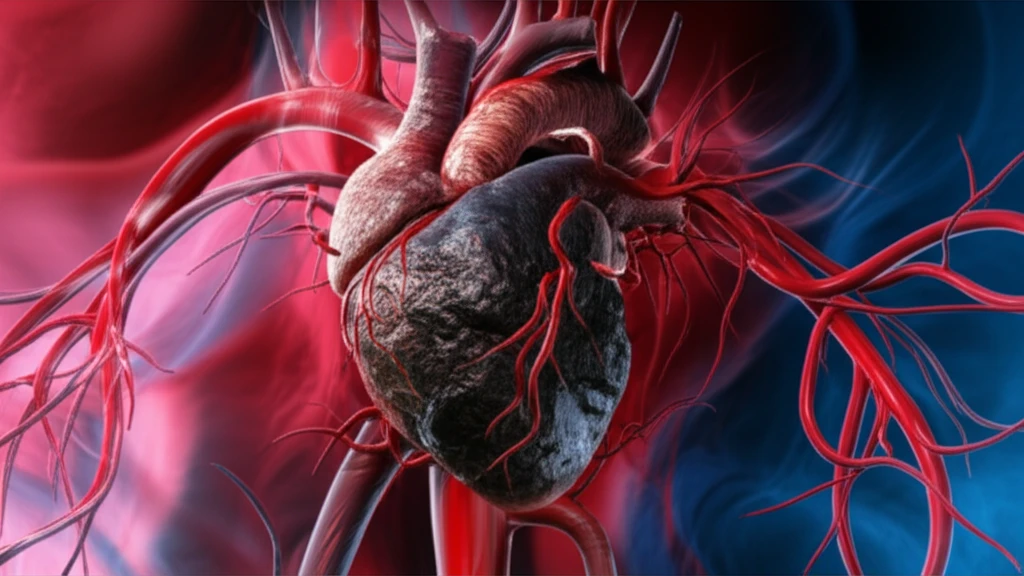
Iron Deficiency and Heart Health: Are You at Risk?
"Uncover the link between iron deficiency and chronic heart failure, and learn how to protect your heart."
If you've been feeling unusually tired or short of breath, it might be more than just a busy lifestyle. Iron deficiency, a common condition where your body doesn't have enough iron, can significantly impact your heart health, especially if you have chronic heart failure (CHF).
For years, doctors have recognized the link between anemia (often caused by iron deficiency) and CHF. But what comes first? Does heart failure lead to anemia, or does anemia worsen heart failure? Understanding this relationship is vital for protecting your heart and overall well-being.
This article breaks down the complexities of iron deficiency and its impact on heart health. We'll explore the connection between iron, anemia, and CHF, and provide practical steps you can take to stay healthy and strong.
The Iron-Heart Connection: Why It Matters

Iron is essential for many bodily functions, including carrying oxygen in your blood and supporting energy production in your cells. When you're low on iron, your body struggles to perform these tasks, which can put extra stress on your heart. Here's why iron is so critical for heart health:
- Energy Production: Iron is a key component of enzymes involved in energy production. Without enough iron, you might feel tired and weak, impacting your ability to exercise and stay active.
- Heart Muscle Function: Iron helps your heart muscle contract properly. Deficiency can weaken the heart, making it harder to pump blood effectively.
Taking Charge of Your Heart Health
If you're concerned about iron deficiency or have been diagnosed with CHF, talk to your doctor. They can assess your iron levels, determine the cause of any deficiency, and recommend the best course of action. With the right approach, you can improve your iron levels, protect your heart, and enjoy a healthier, more active life.
